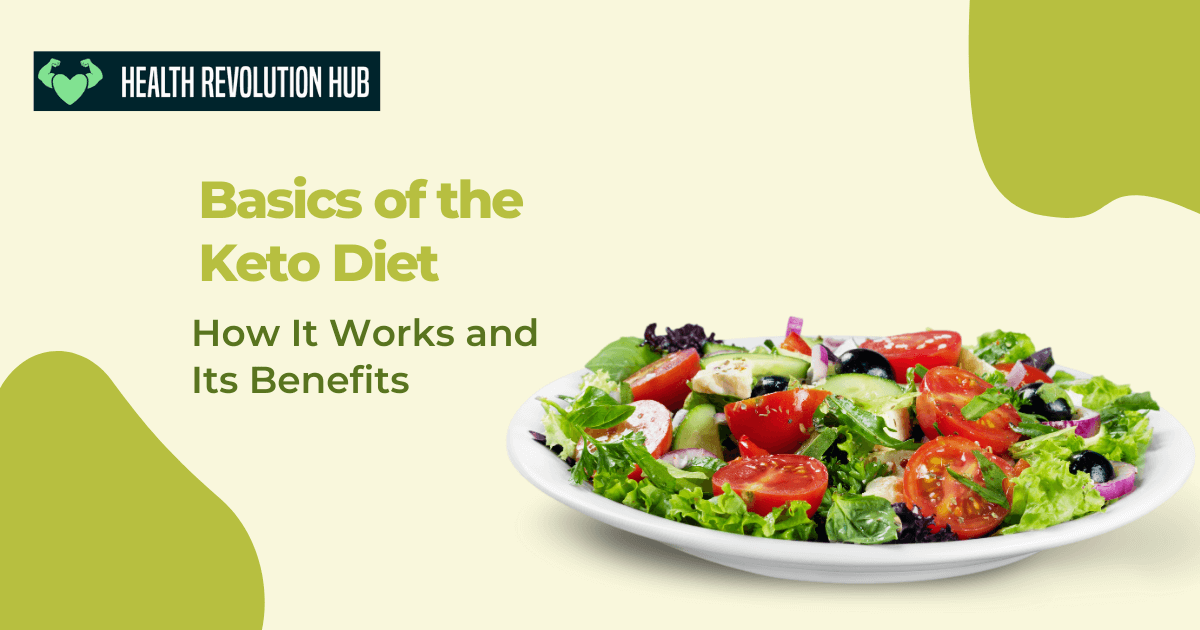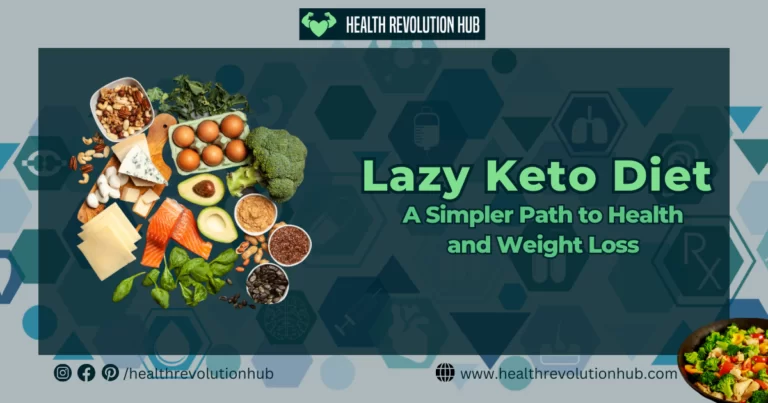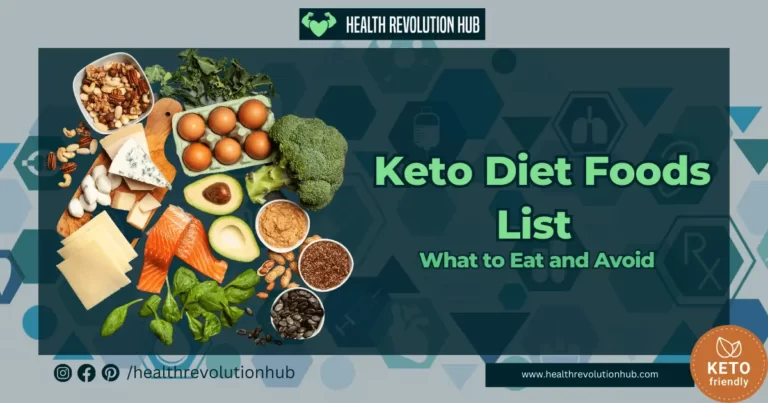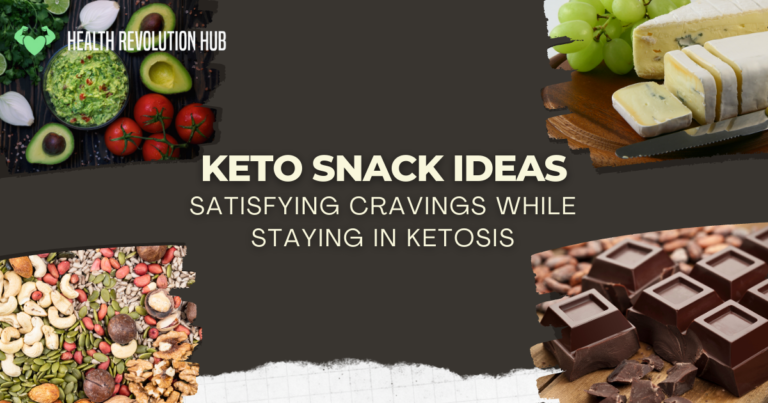Introduction:
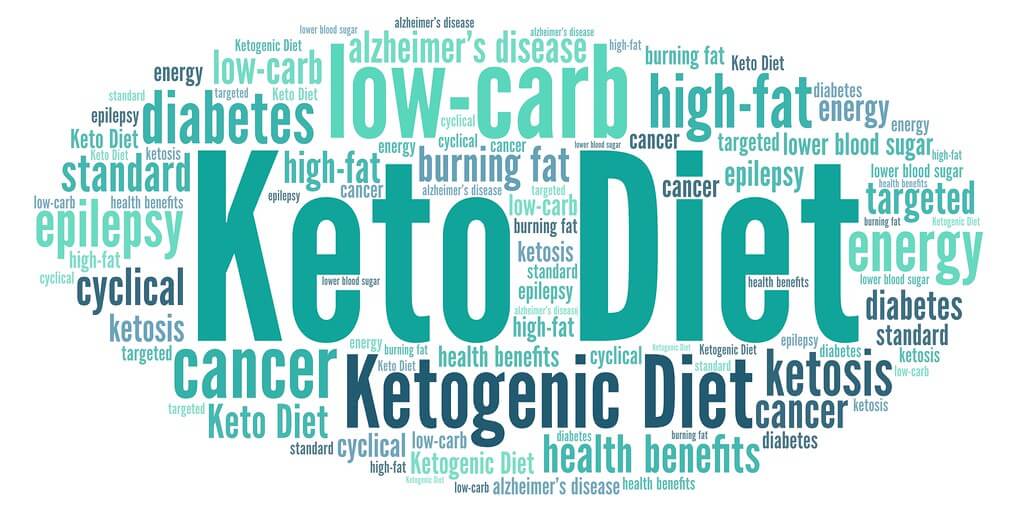
You may have heard about the keto diet and wondered what all the buzz is about. Well, in this article, you are going to learn all about the ketogenic diet, understanding how it works and exploring its potential benefits. Before you consider trying it, it’s important to have a solid understanding of the basics. So, let’s get started on this journey of keto knowledge!
What is the Keto Diet?
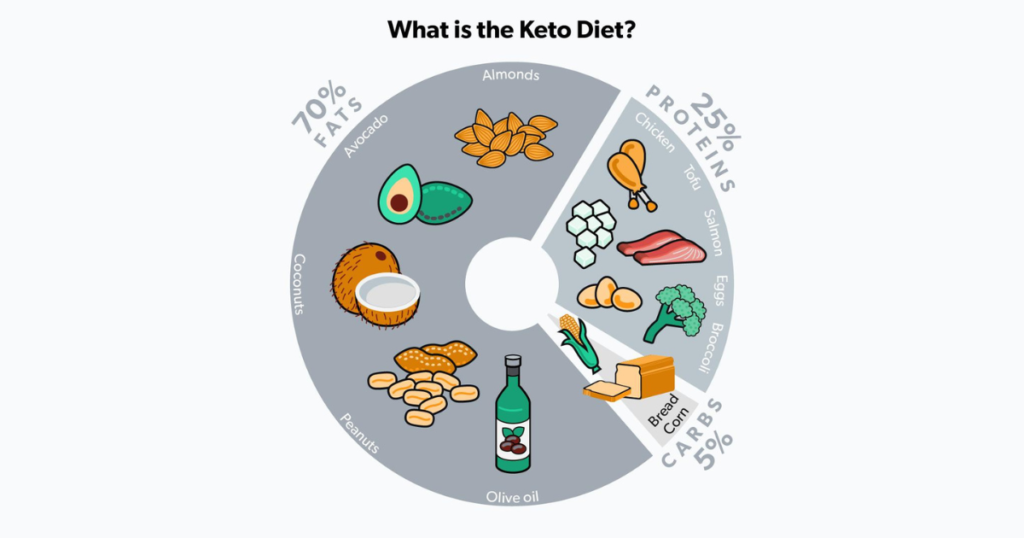
The keto diet is all about drastically reducing your carbohydrate intake and replacing it with healthy fats. By doing so, your body enters a metabolic state called ketosis, where it starts using stored fats as its primary source of fuel instead of carbohydrates. This shift in energy source can have some interesting effects on your body.
Effects of ketosis on your body
Here are some effects that the shift in energy source during ketosis can have on your body:
Enhanced fat burning: Your body becomes efficient at burning stored fat for energy, which can lead to weight loss and a reduction in body fat.
Increased satiety: The higher fat and protein content of the keto diet can promote a feeling of fullness and reduce cravings, potentially aiding in appetite control.
Improved mental focus: Many people report increased mental clarity and improved focus while in ketosis, which can enhance productivity and cognitive performance.
Steadier energy levels: With a stable supply of energy from fats, you may experience more consistent energy levels throughout the day, avoiding energy crashes associated with carbohydrate-heavy diets.
Potential reduction in inflammation: Some research suggests that the keto diet may have anti-inflammatory effects, which can be beneficial for conditions influenced by chronic inflammation.
Better blood sugar control: By limiting carbohydrate intake, the keto diet may help regulate blood sugar levels, potentially benefiting individuals with insulin resistance or type 2 diabetes.
Benefits of the Keto Diet
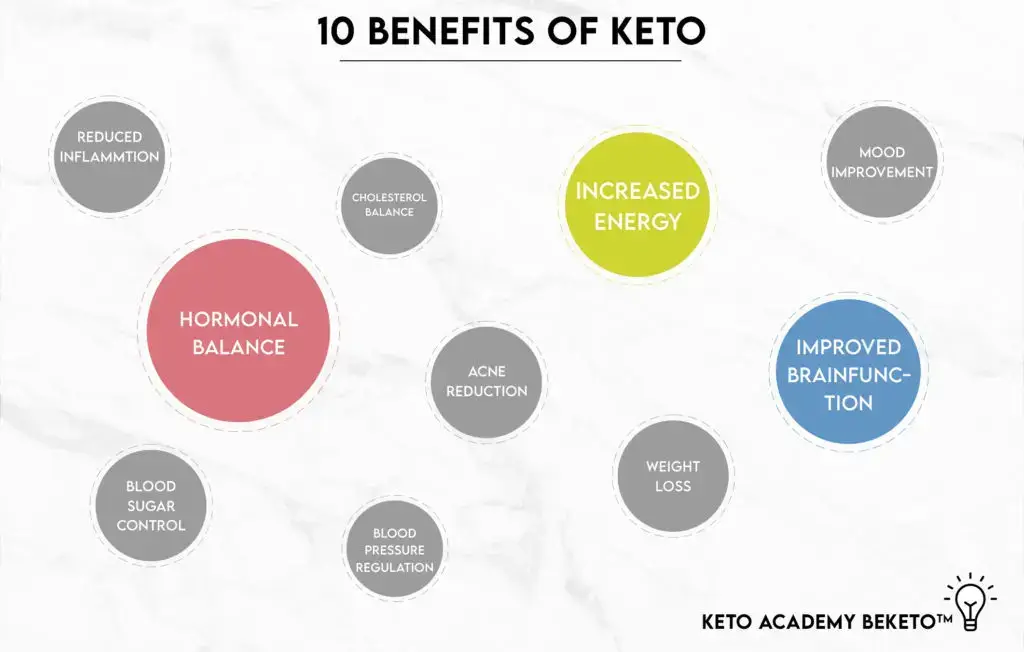
The keto diet, characterized by its high-fat, low-carbohydrate approach, has gained popularity for several reasons. I am going to discuss some potential benefits associated with the keto diet:
Weight loss: The keto diet is known for its ability to promote weight loss. By limiting carbohydrates and increasing fat intake, the body shifts into a state of ketosis, where it primarily burns stored fat for energy. This can lead to significant and sustainable weight loss over time.
Appetite control: The high-fat and moderate-protein content of the keto diet may help regulate appetite and reduce cravings. Fat and protein are more satiating than carbohydrates, which can help you feel fuller for longer periods and potentially reduce calorie intake.
Improved mental focus: Many individuals report enhanced mental clarity and focus while following a keto diet. This may be attributed to the stable energy levels provided by ketones, which act as a consistent fuel source for the brain.
Increased energy levels: By transitioning from relying on carbohydrates to utilizing fat as the primary fuel source, the keto diet can provide a steady supply of energy throughout the day. This may result in more sustained energy levels, reducing energy crashes commonly associated with fluctuations in blood sugar levels.
Potential health benefits: Beyond weight loss, the keto diet has shown promise in various health conditions. It may help improve insulin sensitivity and blood sugar control, making it beneficial for individuals with type 2 diabetes or metabolic syndrome. Some research also suggests potential benefits for epilepsy management, polycystic ovary syndrome (PCOS), and certain neurological disorders.
Triglyceride and cholesterol management: Studies indicate that the keto diet can lower triglyceride levels and increase “good” HDL cholesterol, while reducing levels of “bad” LDL cholesterol. However, it’s important to monitor cholesterol levels and consult with a healthcare professional, as individual responses may vary.
Potential anti-inflammatory effects: The keto diet may help reduce inflammation in the body, which has been linked to various chronic conditions such as heart disease, arthritis, and certain cancers.
Getting Started on the Keto Diet
To begin the keto journey, you’ll need to determine your macronutrient ratios. This typically involves consuming high amounts of healthy fats, moderate protein, and very low carbohydrates. Think avocados, nuts, seeds, fatty fish, and oils for the fats, and incorporate protein sources like meat, poultry, and tofu. Foods to avoid include grains, sugars, and starchy vegetables.
Overcoming Challenges and Side Effects
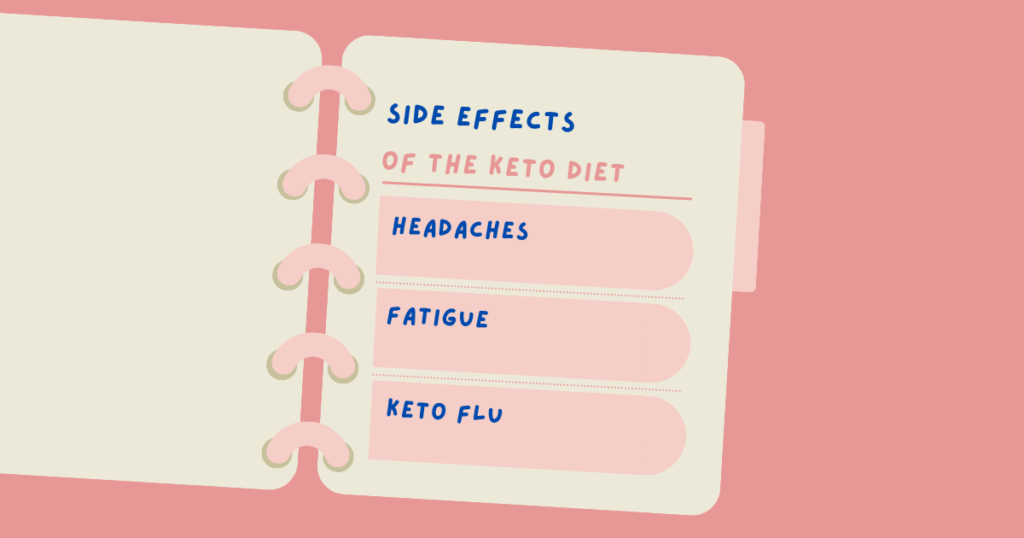
When starting the keto diet, your body may go through an adjustment period known as the “keto flu.” This can bring about symptoms like fatigue, headaches, and irritability. Fear not, though, as these symptoms are usually temporary. You can manage them by staying well-hydrated, consuming enough electrolytes, and gradually easing into the diet.
Potential Considerations and Risks
While the keto diet can have numerous benefits, it’s important to consider potential drawbacks. Some people experience changes in cholesterol levels, so monitoring your heart health is crucial. Additionally, long-term sustainability and adherence to the diet may pose challenges. If you have any underlying health conditions, it’s wise to consult with a healthcare professional before starting.
Conclusion:
Understanding the basics of the keto diet is key before diving in. With its potential benefits in weight loss, mental clarity, and energy levels, the keto diet has gained significant attention. Remember to determine your macronutrient ratios, overcome initial challenges, and consider potential risks. As with any lifestyle change, it’s best to approach the keto diet with knowledge and caution. If you’re unsure, consult a healthcare professional who can guide you on your keto journey. Good luck and enjoy the keto adventure!

